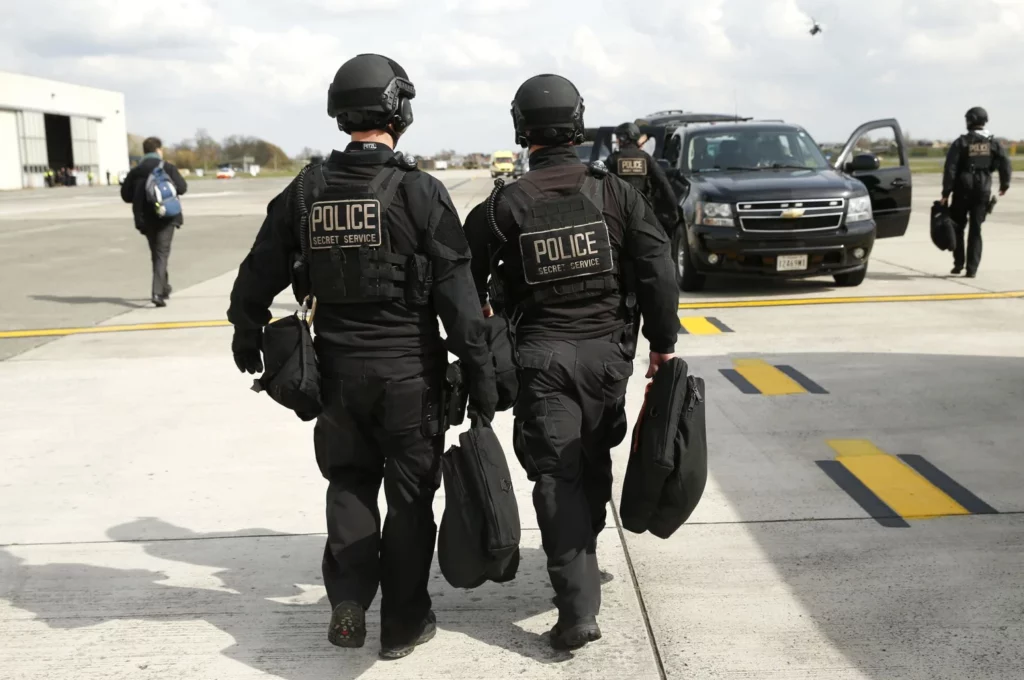In a startling revelation, Belgium’s intelligence agencies have been exposed for their use of sophisticated software programs to hack into the phones of diplomats and Members of the European Parliament (MEPs). This espionage, involving notorious tools like the Israeli NSO Pegasus software, has created a climate of uncertainty and fear, particularly in the de facto capital of the European Union, Brussels. This article delves into the unfolding crisis, exploring how the city has become increasingly unsafe for foreign diplomats and international organizations.
The espionage allegations came to light with reports revealing Belgium’s involvement in hacking and surveillance activities, particularly using software programs like NSO Pegasus. This spyware, designed to infiltrate both iOS and Android operating systems, grants complete control over a person’s phone, allowing access to messages, interception of phone calls, and even turning the phone into a remote listening device.
The situation in Brussels escalated further with the Qatargate scandal, bringing allegations of espionage, breaches of parliamentary immunity, and questionable investigative practices to the forefront. The controversy unfolded as Belgian judge Michel Claise investigated a dossier related to the activities of the European Parliament’s special Pegasus commission, which was tasked with probing the illegal wiretapping of European leaders by Morocco.
The dossier, now known as “Qatargate,” exposed a series of violations, including the unprecedented entry of Belgian police into the European Parliament in plain clothes. This breach, in defiance of established protocols and Protocol number 7 on the privileges and immunities of the EU, raised serious concerns about the security of the diplomatic community within Brussels.
The police reports, submitted to the judge on July 25, 2022, not only delved into the rules governing parliamentary immunity but also proposed actions to potentially revoke it. The focus on monitoring the Pegasus commission’s activities, as revealed in multiple reports, indicated repeated violations of Protocol number 7 and compromised the inviolability of the EU premises.
The controversy took a personal turn with the arrest of MEP Eva Kaili, a key figure in the Qatargate scandal. Her arrest, amid allegations of accepting bribes, shed light on Belgium’s potential government involvement in spying. Kaili, who vehemently denies the accusations, had been investigating the illicit use of NSO Pegasus software in Europe, making her a target in the Qatargate conspiracy.
Kaili’s revelations about the monitoring of Pegasus commission members by Belgian secret services have raised questions about the health of European democracy. The involvement of secret services from six other countries, acting without informing judicial authorities, further deepens the complexity of the situation, particularly when foreign deputies are involved.
The resignation of Judge Claise, prompted by concerns about his connections with MEP Maria Arena, and doubts about the legitimacy of the investigations intensify the uncertainty surrounding the Qatargate scandal. Legal actions seeking verification from the Brussels Court of Appeal underscore the need for accountability.
As the investigation unfolds, the violation of rights during the process creates an alarming context that challenges the core principles of European democracy. The urgency for answers from judicial authorities and the European Parliament emphasizes the need to address the growing unease surrounding the safety of foreign diplomats and international organizations in Brussels. The unfolding events in the EU Parliament demand a thorough examination and a commitment to upholding the principles that form the foundation of a democratic society.







